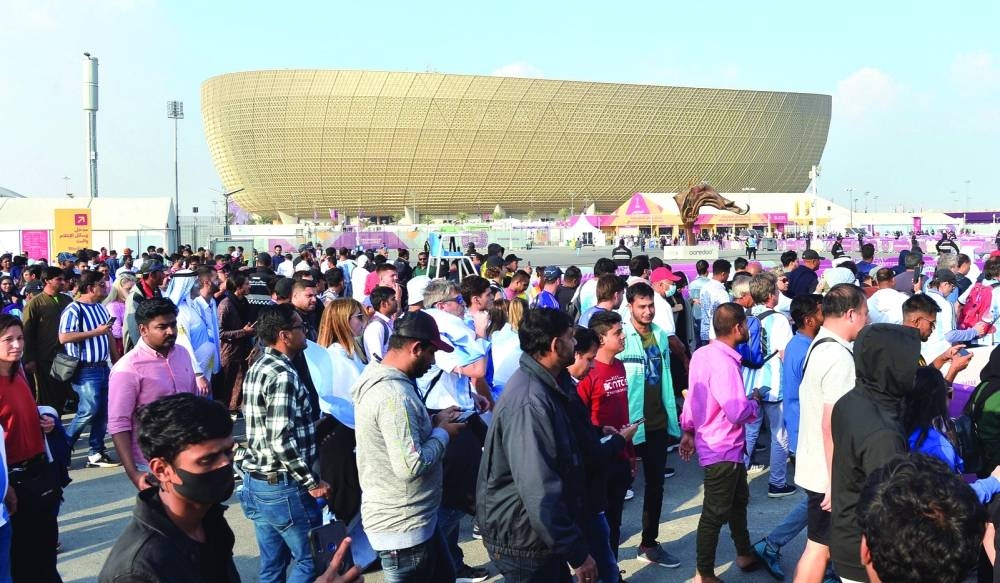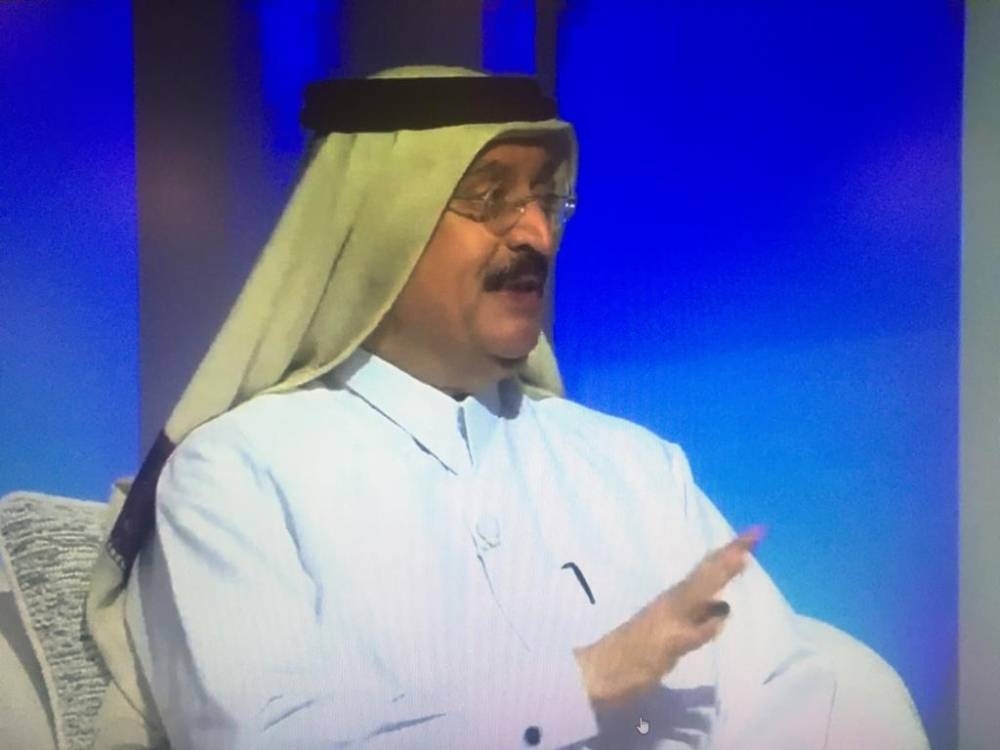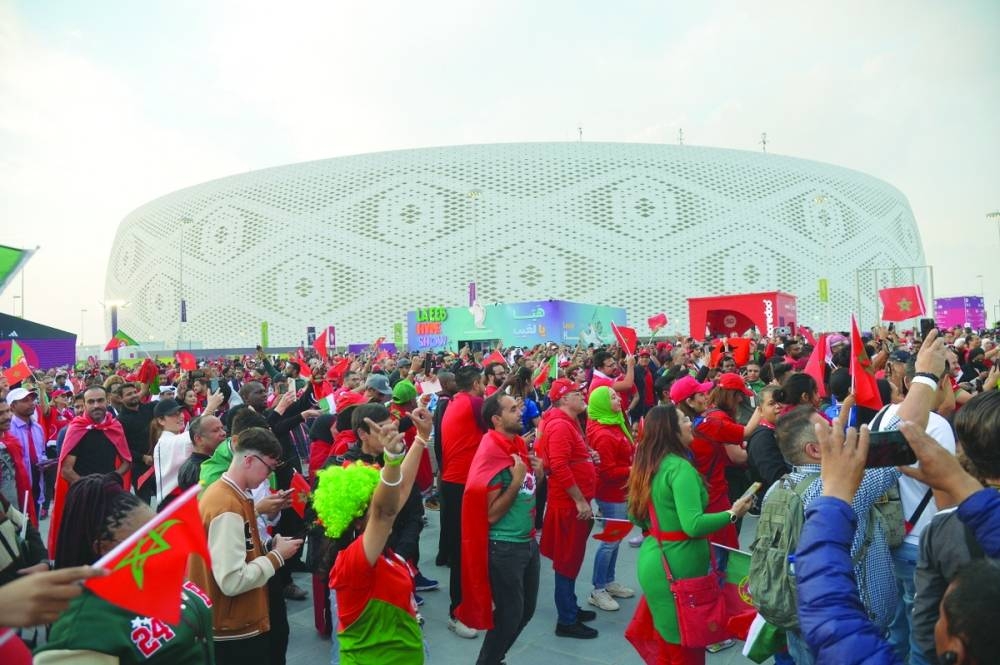Dr Muhamad Saif al-Kuwari, environment expert and engineering advisor at the Ministry of Environment and Climate Change, has spoken to Qatar TV about the environmental legacy of the FIFA World Cup Qatar 2022. Elaborating about his findings, the official said, he focused on five phases related to the environment, climate change and sustainability. The first phase was the construction of the stadiums, which received the highest rating of five stars under the Global Sustainability Assessment System. "These stadiums should be a model for us to follow in all our buildings, whether current or future ones. The smart cooling used in the stadiums should also be a model. I mean all major buildings now in my perception, should adopt smart cooling from this successful model. So why should not we adopt it?
"The other phase was sustainable waste management. Zero waste, which means out of 54,000 tonnes of waste, not a single tonne went to landfills. About 72% of it was recycled, the remaining 28% were burned and used as clean energy. Hence, the carbon footprint was zero.
"The other axis was sustainable transportation. We used electric buses, the tram and the metro for transport, and all of these left a zero carbon footprint. Today, we proudly say to the world that this World Cup edition was "carbon neutral". During the entire month of the event, the carbon footprint was zero,” al-Kuwari concluded.

An exterior view of the Lusail Stadium, the largest facility used for the FIFA World Cup Qatar 2022. PICTURES: Shaji Kayamkulam.

Dr Saif al-Kuwari

An exterior view of Al Thumama Stadium, another venue of the World Cup.
